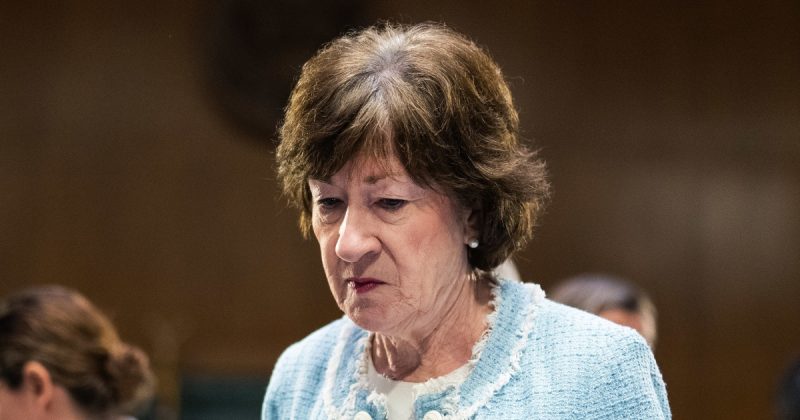
For years, the U.S. government’s budget has been a bipartisan affair, with both parties working together to determine spending. However, under the Trump administration, this long-standing tradition is facing its biggest threat yet. The recent actions of the Republican-led Congress, coupled with the White House’s overt push for a more partisan approach, have thrown the entire appropriations process into disarray. This has led to concerns about a potential government shutdown and a significant shift in power away from Congress towards the executive branch.
The decline of bipartisan budget negotiations has been a gradual process, but the Trump era has accelerated this trend dramatically. Republicans have implemented a $300 billion increase in military and immigration enforcement spending, while simultaneously slashing $9 billion from domestic programs and foreign aid. This was achieved through a controversial rescission process, allowing the GOP to overturn previously agreed-upon bipartisan spending with a simple party-line vote. This tactic has been met with strong opposition from Democrats and even some Republicans, who feel it undermines Congress’s constitutional role in controlling government spending.
Adding fuel to the fire, White House budget director Russell Vought publicly declared that the appropriations process ‘has to be less bipartisan,’ suggesting that a more partisan approach would yield better results. This statement has been met with fierce backlash from both sides of the aisle. Senate Republicans, responsible for crafting the spending bills, were taken aback by Vought’s candor, with Senator Susan Collins calling his comments ‘baffling’ and Senator Lisa Murkowski accusing him of disrespecting the process. Senate Minority Leader Chuck Schumer went even further, calling for Vought’s immediate dismissal.
The upcoming September 30th deadline to fund the government looms large, raising serious concerns about a potential shutdown. The current climate of heightened partisanship makes a bipartisan deal seem increasingly unlikely. Many senators have expressed frustration with the current system, lamenting the loss of influence of individual lawmakers and committees in favor of top-down negotiations between party leaders and the White House. The shift away from the traditional twelve appropriations bills to omnibus bills and continuing resolutions, often passed under pressure with looming deadlines, has fueled resentment among House Republicans, who see it as a betrayal of their constituents.
Political scientists agree that the recent changes to GOP spending priorities, particularly the significant increase in military spending and cuts to domestic programs, have made bipartisan deals exponentially more difficult. The aggressive impoundments of enacted appropriations by the Trump administration further threaten Congress’s power of the purse and the authority of the appropriations committees. Despite promises to maintain the Senate’s 60-vote threshold, the path forward remains uncertain, with Senate Majority Leader John Thune acknowledging the need for bipartisan cooperation despite the challenges.
The future of the bipartisan appropriations process remains uncertain, with opinions varying widely. While some, like Senator Collins, remain optimistic, others warn of a significant erosion of congressional power and the potential for increasingly partisan budget battles. The coming weeks will be critical in determining whether a bipartisan compromise can be reached or if the U.S. government will face yet another shutdown, further highlighting the fragility of the current political landscape.










